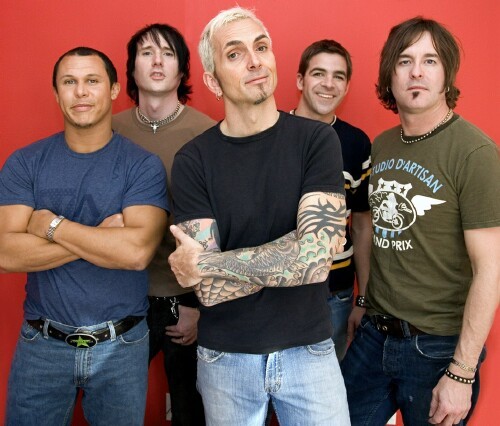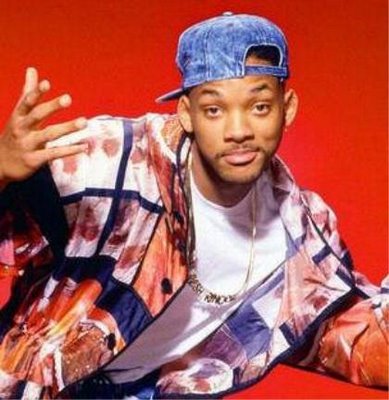Sound Familiar?
“Sugarcube,” “Autumn Sweater”
Who Are They?
The quintessential critics’ band and masters of the cover
song.
Yo La Tengo, named after the Spanish phrase “I have it,”
formed in 1984 by husband and wife duo, Ira Kaplan and Georgia Hubley. Funny
story: the name Yo La Tengo wasn’t really a random Spanish phrase the two
thought would be catchy. It comes from a baseball anecdote involving the 1962
New York Mets.
Once they got the name out of the way, Ira and Georgia
recruited Dave Schramm and Dave Rick for the band’s first single, 1985’s “The
River of Water.” After recording a song for a compilation album, Dave Rick left
the band and Mike Lewis took his place. In 1986, our heroes released their
first album, Ride the Tiger.
As with most critical darlings of the underground, most of
Yo La Tengo’s early releases didn’t do very well commercially and by 1989, they
had three great albums that no one had ever heard of.
The band switched record companies and released Fakebook, an album of mostly acoustic
tunes (and some rad covers), in 1990. After the release of the 1991 EP That Is Yo La Tengo, James McNew joined
the band and Yo La Tengo became the all-powerful trio they are today.
But things didn’t really heat up until the band signed with
Matador Records in 1993. (Side note: I don’t really talk about the influence of
certain record companies, but Matador was a big one for indie bands in the
‘90s. Along with Yo La Tengo, Matador was home to bands like Pavement and Sonic Youth.)
Their first release on Matador was 1993’s Painful, which YLT cites as one of their
most important records.
“I think this group really started when we made the record Painful,” Ira explained in a 2009
interview with The A.V. Club. “Since Painful,
I think we’ve gotten more confident and more willing to trust ourselves and
trust each other, and probably better at dealing with things that go wrong.”
The album received high praise from just about every music
publication, as did its follow-up, 1995’s Electr-O-Pura.
The band’s last ‘90s release is arguably their best album. I Can Hear the Heart Beating As One,
released in 1997, is a musical buffet of just about every genre imaginable,
including folk, rock, shoegaze, noise pop, ambient and bossa nova. The album is
ranked by both Rolling Stone and Pitchfork as one of the best albums of the ‘90s (and
they’re right).
Where Are They Now?
Still dropping hot records and wowing the music world with
their fantastic cover songs.
After releasing And
Then Nothing Turned Itself Inside-Out in 2000 and Summer Sun in 2003, Yo La Tengo took a break from studio albums and
decided to contribute songs to various soundtracks. They also composed scores
for 2005’s Junebug and Game 6, and 2006’s Shortbus and Old Joy.
(You can listen to all four scores on aptly-titled compilation album, They Shoot, We Score. Bum-dum-tiss.)
The band’s 11th studio album, I Am Not Afraid of You and I Will Beat Your
Ass (seriously the best album title EVER), was released in 2006 to mass
critical acclaim. A compilation of YLT’s impromptu live cover songs (Yo La Tengo Is Murdering the Classics)
followed.
As of 2012, the trio is still going strong, contributing
tracks to various benefit albums and catering to their fans’ random cover song
requests.
But Why Yo La Tengo?
Prepare yourselves for a brand spankin’ new YLT studio album
in January 2013! For now, we have a new EP called Stupid Things.
What Does Sam Think?
I’ll be honest here and say that I didn’t start listening to
Yo La Tengo until earlier this year. But I’m really glad I found them when I
did.
Indie bands of the ‘90s had a certain je ne sais quoi. I guess that goes for any indie band of any
decade, but it goes double for bands like Yo La Tengo.
Without the pressure of producing mainstream hit after
mainstream hit, indie bands are basically able to do whatever the hell they
want and still have a loyal fanbase.
I’ve said similar things about Pavement, but Yo La Tengo is
a little different. While Stephen Malkmus and company had a signature sound, Yo
La Tengo had more a free-for-all genre orgy from album to album.
Take I Can Hear the
Heart Beating As One, for example. Each track stands on its own, but the
album as a whole still sounds consistent. How do they do it? My guess is with
some kind of indie voodoo. Also talent.
But can we talk about this band’s collection of cover songs
for a second? They cover everything. The
Ramones, Devo, Bob Dylan, Daniel Johnston -- the list goes on. The curse of the
cover song with most bands is usually a lack of originality, but Yo La Tengo
avoids that every single time. The point of covering a song by another artist
is to pay homage to that artist while making the song your own. If it sounds
like a carbon copy of the original, ya dun goofed.
Listen to YLT’s cover of Bob Dylan’s “Fourth Time Around”
for the I’m Not There soundtrack.
It’s tough to cover a legend, but this band nails
it. This is an ethereal take on Dylan and it’s completely gorgeous.
Their cover of The Ramones’ “Blitzkrieg Bop” is also a
highlight. It’s completely instrumental and a little reminiscent of ‘50s style
rock ‘n roll.
As much as we all love the heavy-hitters of the ‘90s (the
grunge bands, the one-hit-wonders), we can’t ignore everything else. Broaden
your horizons with bands like Yo La Tengo, Stereolab, Built to Spill and
Superchunk. Indie bands of today wouldn’t be here without them.
-- Sam Boyer, reporting
from the ‘90s.













